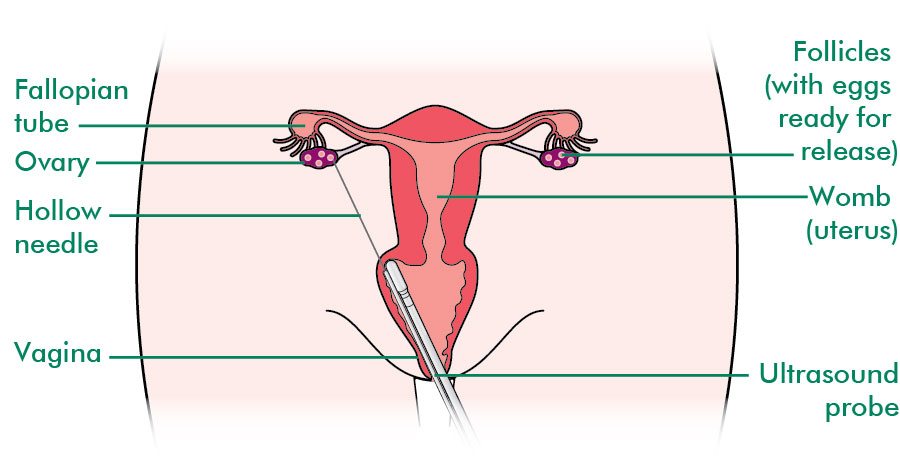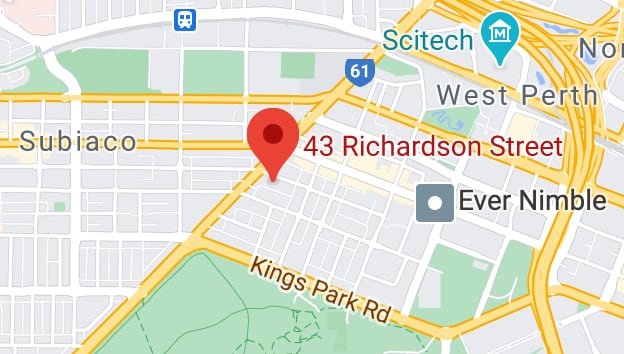Your IVF Journey
When you consider IVF it's important to remain patient. IVF isn't something that can be done quickly. To start an IVF cycle it takes a lot of planning and preparation. It's often 3 or even 4 months before an embryo is transferred.
Not falling pregnant
Infertility is the inability to conceive after a year of unprotected intercourse.
Read more
IVF and ICSI Infertility Treatments
Not everyone's journey to parenthood is straightforward. Find out more about In Vitro Fertilisation (IVF) or continue reading about the IVF journey.
Read more
5 reasons you're not falling pregnant
Download my free eBook here and learn more about fertility in general.
Free Download
IVF success rates
For a woman younger than 30, there is a 40% chance of a successful pregnancy with every embryo transferred. If you're over 40, your chance of success drops to about 8% per embryo transferred.
Here's another number. In Australia and New Zealand, there are over 13,000 babies born from IVF and ICSI treatments every year. That's the equivalent of one child per class in every school in Australia.
Call us to make an appointment: 08 9284 2333
How to prepare for IVF?
1. Make sure your questions are answered
When you prepare for IVF, create a list of questions. When seeing your fertility specialist make sure all your questions are answered
2. Distraction is important
Don't wrap yourself up in cotton balls. Spending time with friends and family members is really important while you're having IVF treatment. It's a great form of distraction.
3. Emotional rollercoaster
IVF can be an emotional and mental rollercoaster. If you're not coping it's really important to tap into the psychological support services that are available.
The IVF journey in detail
Female Partner
IVF treatment starts before the actual treatment cycle, by attending a "day 21 nursing appointment". At this appointment, on day 21 of your cycle, you will meet the nurses to sign consents, pick up blood forms and collect medication as well as learn how to give the medications to yourself. A vaginal ultrasound might also be performed at this visit. During this cycle you cannot have unprotected sex.
On day 1 of your following cycle (menstrual bleeding before noon) you will call the nurses again to inform them of the start of your cycle. On day 2 you will have a blood test to check your hormone levels and you may have an ultrasound. The nurse may direct you to start the hormone injections to stimulate your ovaries.
On day 6 you will have another blood test to check your hormone levels.
From day 8 onwards you will be required to perform blood tests and ultrasound scans on weekday mornings as per the clinic protocol. This enables tracking of the follicle development and hormone levels and your response, which is completely individual, determines the frequency of the blood test and ultrasounds.
Around day 14 the egg collection is expected. 36 hours prior to that you will need to have a trigger injection. This injection contains hormones that matures the eggs in the follicle and make them ready for collection. On the day of your egg collection you will need to fast for 6hrs before going into theatre.
Male Partner
If, on the day of egg collection, fresh semen is to be used, the male partner should ejaculate every second day from 8 days prior. The male partner should not ejaculate the day before the egg collection. This is important to get the best quality semen for fertilisation. On the day of egg collection the male partner should produce a sample of semen by masturbation.
If frozen semen is to be used attendance on the day of the egg collection is not required as the frozen semen simply will be removed from storage.
Egg collection
Egg collection happens in a day hospital. The most common technique used is by using an ultrasound guided needle. This may be done under general anaesthetic. A fine hollow needle is passed through the vaginal wall into each follicle in both ovaries and each egg is removed in turn.

Fertilisation
On the day of the egg collection, eggs and sperm scientists will put the sperm and eggs in a dish. The eggs and sperm are then left together in an incubator overnight. The next day the dish will be inspected to see whether the sperm have fertilised the eggs. If they have, the resulting embryos will be left to grow for 2 to 5 days in the lab.
Embryo Transfer
The embryo transfer is an easy procedure and only takes a couple of minutes. You do not require sedation. The embryo is picked up in a very thin plastic tube and this is guided through the cervix until it reaches the middle of the uterus where the embryo is deposited.
Pregnancy Test
Two weeks after the embryo transfer your nurse will ask you to come in for a pregnancy test. If the test is positive, usually an ultrasound will be performed 3 weeks later.
Useful links
Want to know more about IVF?
- Read about the IVF Success Rates
- Learn about IVF and ICSI treatments
- Difficluty in Falling Pregnant
- Egg collection during IVF: what is the ideal amount?


